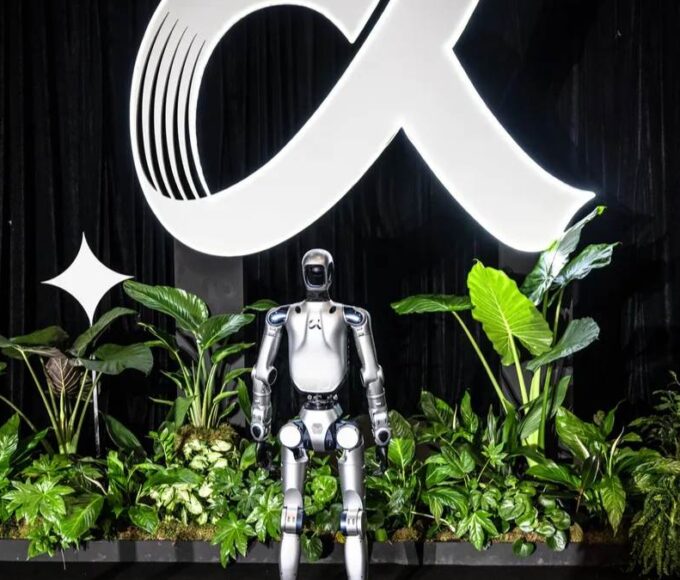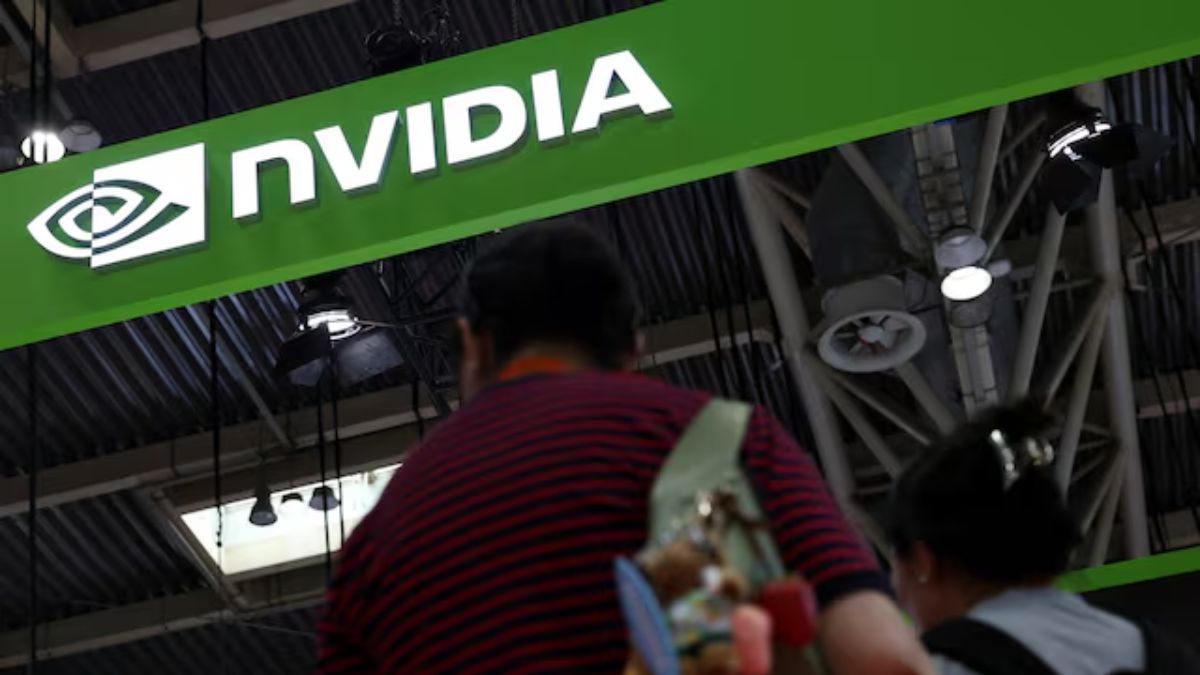The U.S. government is preparing to blacklist Chinese chipmaker Sophgo, a move that could mirror the 2019 sanctions imposed on Huawei.
Sophgo, a subsidiary of Bitcoin mining equipment supplier Bitmain, designed a chip found in Huawei’s Ascend 910B AI processor, manufactured by TSMC.
The Discovery and Its Consequences
The discovery was made when TechInsights examined the Ascend 910B processor, revealing a TSMC-built chip inside. Upon notifying TSMC, the company traced the chip back to Sophgo’s design, prompting TSMC to suspend shipments to the Chinese firm.
The U.S. Commerce Department is now investigating the situation, with Sophgo likely to be added to the Entity List, which restricts companies from accessing U.S. suppliers without government approval.
Impact of the Sanctions
If added to the Entity List, Sophgo would face the same restrictions that Huawei encountered, including the inability to access advanced semiconductor technology from U.S. companies.
Huawei, after being blacklisted, was forced to develop its own HarmonyOS and create its own 5G chips, which were manufactured by SMIC, a Chinese foundry.
The Ascend 910B is considered one of China’s most advanced AI chips, and its successor, the Ascend 910C, is set to compete with NVIDIA’s top AI silicon.
Sophgo’s Response
Sophgo has denied any direct or indirect business relationship with Huawei, stating that it typically works with Chinese state-owned firms and local governments.
Despite this, its chips have been purchased by Chinese institutions involved in AI development and surveillance operations.
The U.S. sanctions on Sophgo come as part of broader efforts to limit China’s access to cutting-edge technology, particularly in the fields of AI and semiconductors.












Leave a comment